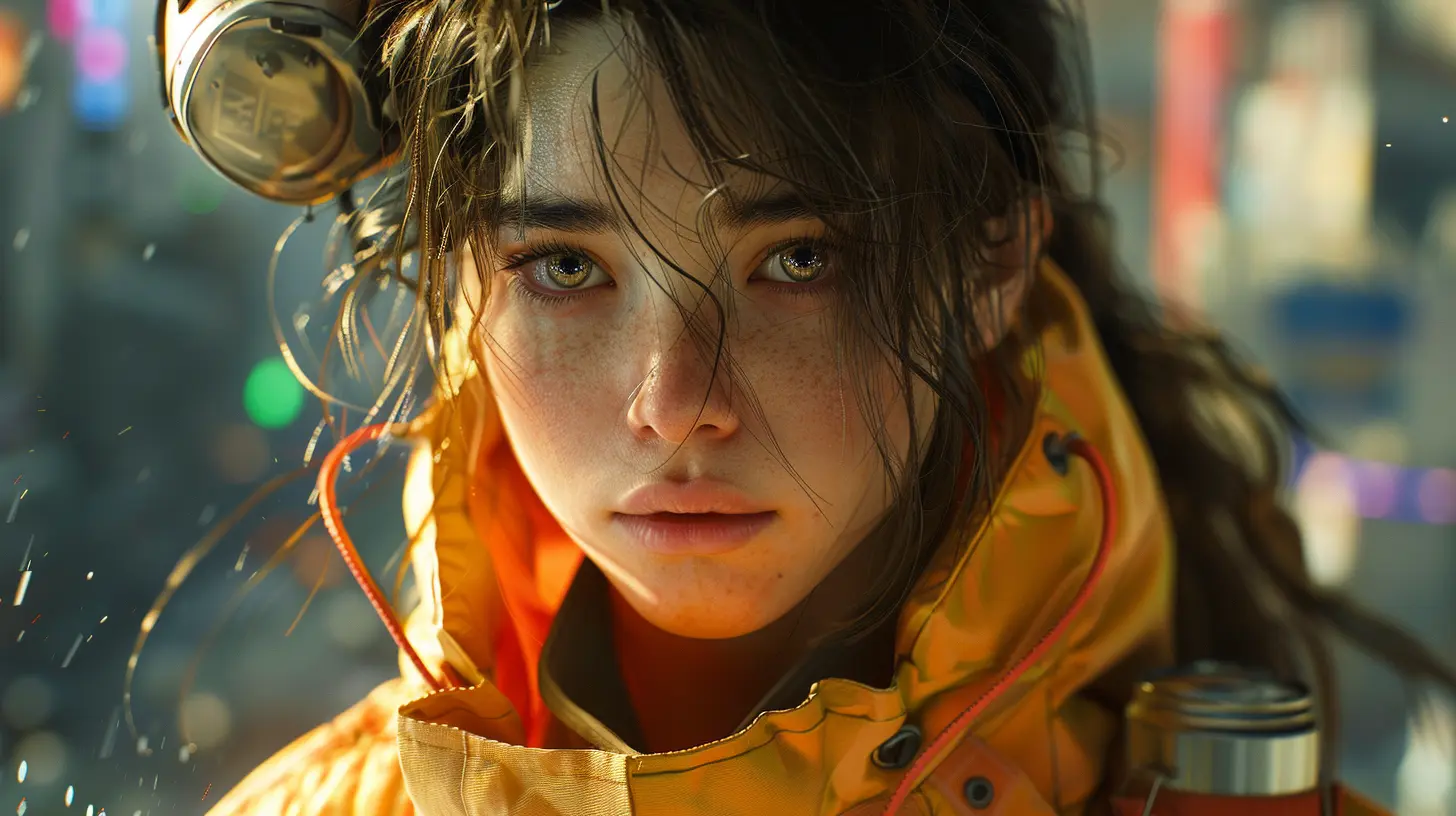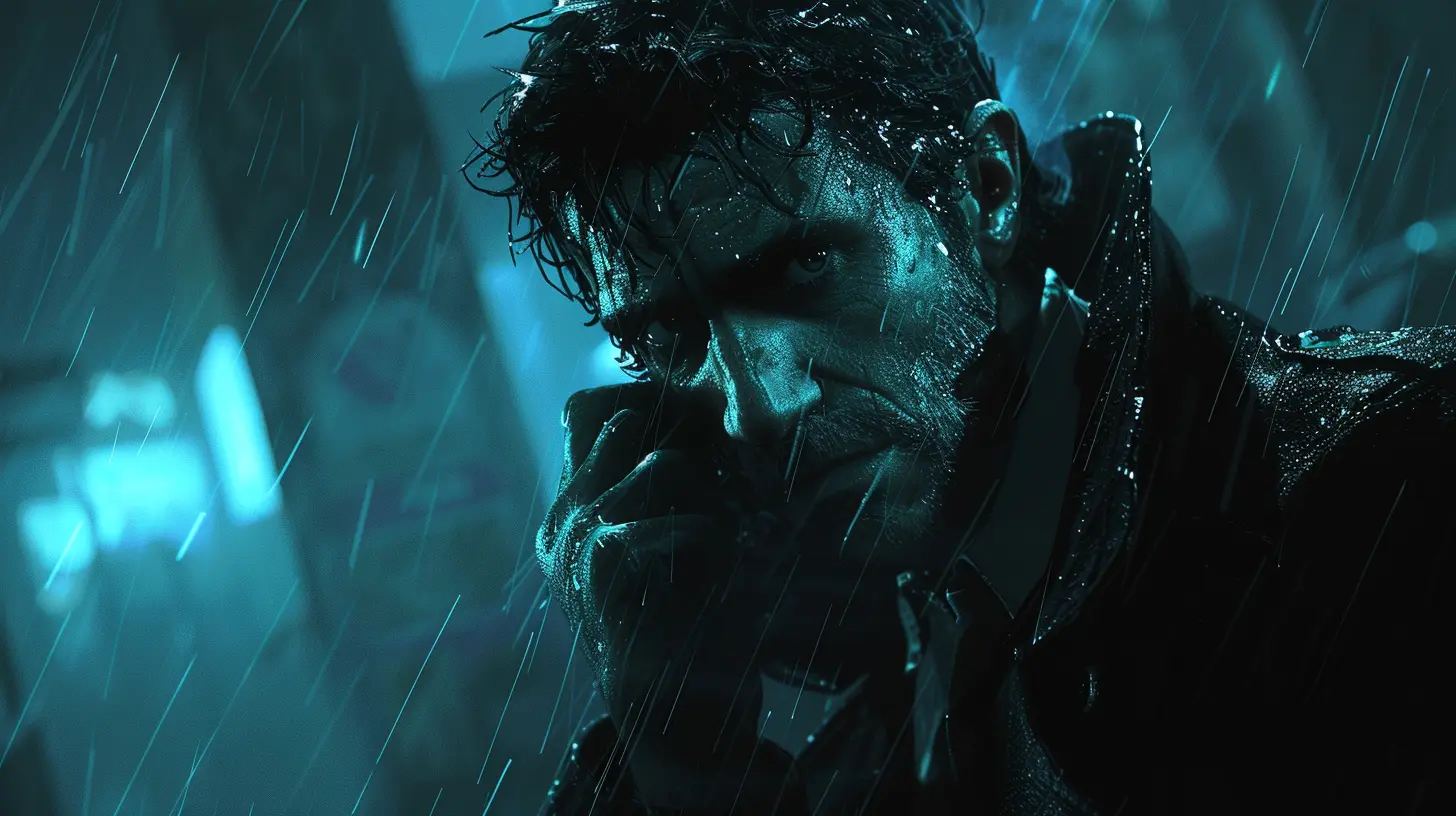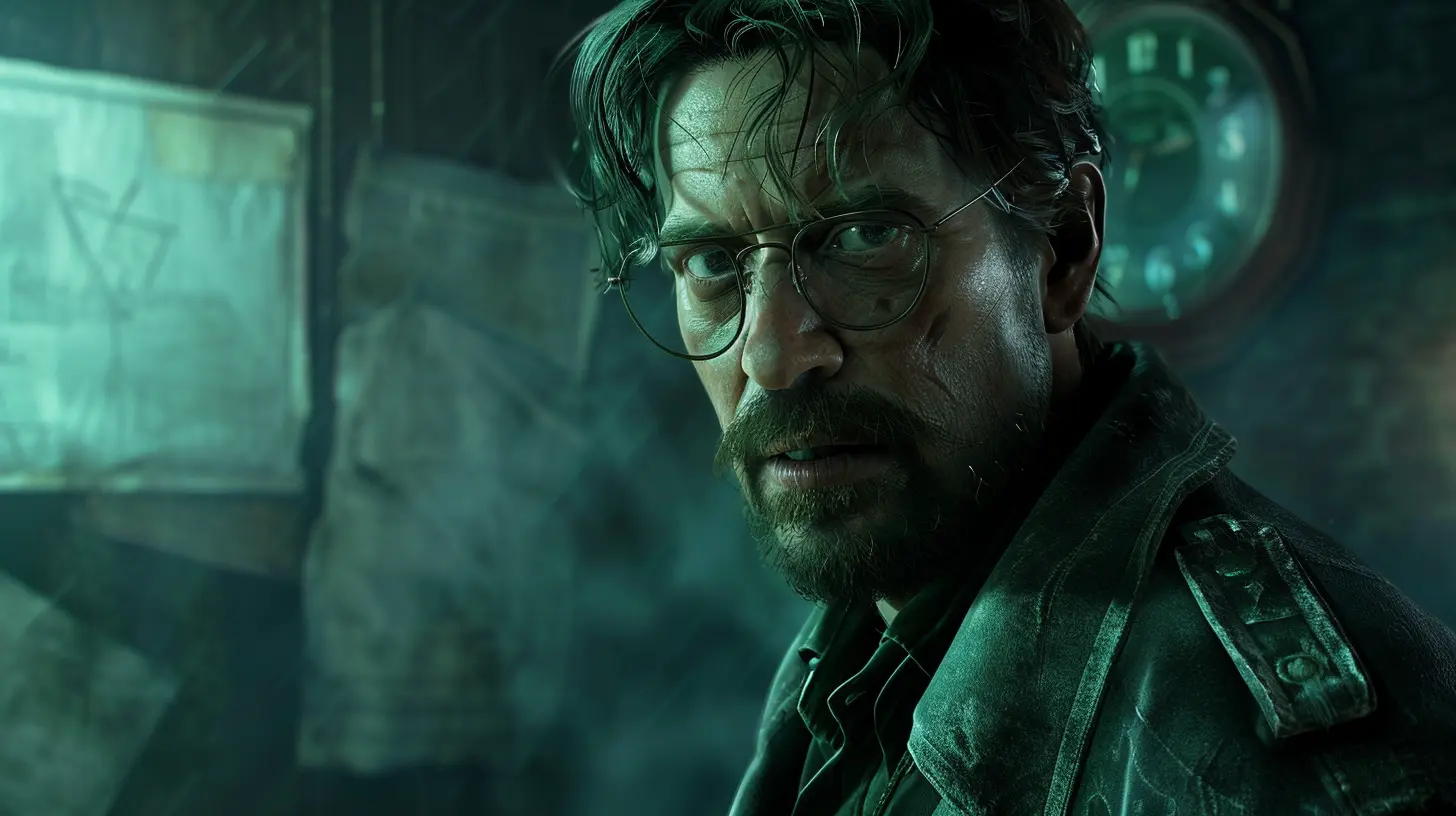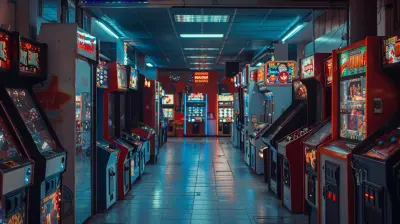When Voices Go Unheard: Silent Protagonists in Gaming
26 June 2025
Imagine playing a game where the main character never utters a single word. No witty one-liners, no heartfelt dialogue, just… silence. It might sound odd in an era of voice-acting marvels and cinematic storytelling, but silent protagonists have been a cornerstone of gaming for decades. Love them or hate them, their voiceless presence has left an undeniable mark on the medium. But why do developers bother with silent protagonists? And what makes them so captivating in certain games? Let’s dig into this.
What Are Silent Protagonists?
Before we dive into why they're effective, let’s cover what they actually are. A silent protagonist is a main character in a game who, quite literally, doesn’t speak. They don’t have voice lines or text dialogue of their own (okay, maybe a grunt or two when they jump or take damage, but you get the point). Think about Link in The Legend of Zelda or the ever-classic Gordon Freeman from Half-Life. They're there, saving the day, yet not a single word escapes their lips.
Why Silent Protagonists Exist
So, why go the silent route? It’s certainly not because the developers ran out of voice actors. The decision is much deeper than that, often boiling down to player immersion, creative narrative choices, and even budget constraints.1. Player Immersion: The “Be the Hero” Effect
Silent protagonists act as a blank slate, allowing players to project themselves onto the character. It’s like stepping into their shoes without the distraction of a voice that isn't quite “you.” Ever notice how in games like Pokémon, you’re free to name your trainer? It’s a subtle but powerful way to make the experience feel more personal. Your silent protagonist becomes less of “The Character” and more of “You.”When a character remains mute, you naturally fill in the blanks. You imagine what they’re thinking or feeling based on your interpretation of the events. It’s almost like becoming the director of your own story, shaping their personality through your choices and perspective.
2. Let the World Speak
Sometimes, silence isn’t just a characteristic; it’s a design choice. Silent protagonists often let the game’s world or supporting characters shine. By staying out of the conversational spotlight, they give others the room to grow and deliver the story.Take The Legend of Zelda as an example again. Link’s silence isn’t awkward—it’s powerful. It allows characters like Zelda or Ganondorf to take center stage, and the emotional weight of their dialogues is amplified. The silence creates a sense of mystery. It’s almost as if Link is saying, “I’ll let my actions do the talking.”
3. A Touch of Mystery
You ever notice how silent characters often feel enigmatic? There’s something strangely fascinating about characters who keep their thoughts and feelings to themselves. Think about Chell from Portal. Her silence adds to the surreal and creepy vibe of the game instead of detracting from it. The lack of dialogue creates a layer of intrigue—what’s going on in her head? It almost becomes a puzzle in itself.4. Budget and Accessibility
Sometimes, it’s not about narrative genius—it’s about practicality. Voice acting is expensive! Not every game studio has the resources to record high-quality voiceovers or translate them into dozens of languages. Silent protagonists solve this problem neatly while still delivering engaging gameplay. Plus, they make games more accessible to international audiences since they eliminate the need for clunky dubs or subtitles.
The Pros and Cons of Silent Protagonists
Of course, silence isn’t golden for everyone. While some players embrace the voiceless hero, others find it frustrating or even boring. Let’s break it down.Pros
- Immersion: Feels like you’re the hero, not just watching one.- Focus on the World: Supports deep lore and character-driven stories.
- Timelessness: No awkward aging of voice actors or bad voice lines from the early gaming days.
- Creative Freedom: Lets players interpret the character their own way.
Cons
- Lack of Personality: A silent protagonist can come across as bland or one-dimensional to some.- Emotional Disconnect: Dialogue can often help players connect with a character’s emotions. Without it, they might feel distant.
- Missed Opportunities: Imagine if Mario had full-on conversations with Bowser—sounds chaotic, but it could add depth!

Iconic Silent Protagonists in Gaming
Some silent protagonists have become absolute legends in the gaming world. Let’s take a moment to appreciate a few of the greats.1. Link (The Legend of Zelda)
If there’s a Hall of Fame for silent protagonists, Link is definitely in it. With his iconic green tunic, a sword in hand, and zero dialogue, Link embodies the essence of a silent hero. His silence lets you focus on his heroic deeds and the world he’s trying to save.2. Gordon Freeman (Half-Life)
A theoretical physicist who single-handedly survives an alien invasion? Yeah, that’s Gordon Freeman. Despite his quiet demeanor, his actions scream louder than any dialogue could. Fans still speculate about what kind of personality he’d have if he ever spoke.3. Chell (Portal)
Chell’s silence in Portal is juxtaposed against the constant, sarcastic voice of GLaDOS. Her lack of dialogue makes the focus shift entirely to the sinister AI and the eerie, experimental Aperture Science facility.4. Red (Pokémon Red/Blue)
When you think about it, Red never says a word throughout his journey to become a Pokémon Champion. Yet his impact is undeniable. He’s a reflection of the player’s own ambitions and decisions.Are Silent Protagonists Still Relevant in Modern Gaming?
You’d think with the rise of cinematic gaming experiences, silent protagonists would’ve been retired by now. But nope—they’re still kicking around. Games like Journey and Inside lean heavily on silent storytelling, proving that words aren’t always necessary to create impactful experiences.That said, not every game benefits from a silent protagonist. Open-world RPGs like The Witcher 3 or Cyberpunk 2077 thrive because their protagonists are full of personality. It boils down to what the game wants to achieve. Do developers want you to embody the character? Or do they want you to experience their story?
The Future of Silent Protagonists
What’s next for our voiceless heroes? With advancements in AI and interactive storytelling, we might see new spins on this classic trope. Imagine a silent protagonist whose “silence” is tailored to the player’s decisions or mood—a kind of reactive silence, if you will. Sounds cool, right?Gaming is all about experimentation, and the silent protagonist isn't going anywhere. Whether they’re delivering moments of introspection, building immersion, or just keeping things simple, they’ve more than earned their place in gaming history.
Conclusion
Silent protagonists may not have much to say, but they’ve spoken volumes through the years. Their quiet strength lies in their ability to let us, the players, take center stage. Love them or hate them, there’s no denying their impact on gaming. Next time you boot up a game with a voiceless hero, take a moment to appreciate the art of silence—and maybe fill in the blanks yourself.all images in this post were generated using AI tools
Category:
Voice Acting In GamesAuthor:

Aurora Sharpe
Discussion
rate this article
2 comments
Reagan Hunter
Ah yes, because nothing says "immersive storytelling" quite like a hero who can’t even mumble. Silence really is golden... or maybe just, well, silent.
October 27, 2025 at 4:31 PM

Aurora Sharpe
Thank you for your perspective! Silent protagonists can evoke unique experiences and depth, allowing players to project themselves into the story—sometimes silence speaks volumes.
Zaid McDowell
Great article! You highlighted an intriguing aspect of gaming. Silent protagonists can enhance player immersion, but it's essential to balance their silence with meaningful interactions that engage the player’s emotions and drive the narrative forward.
July 5, 2025 at 3:46 PM

Aurora Sharpe
Thank you! I appreciate your insight on the importance of balancing silence with meaningful interactions to enhance player engagement and narrative depth.


